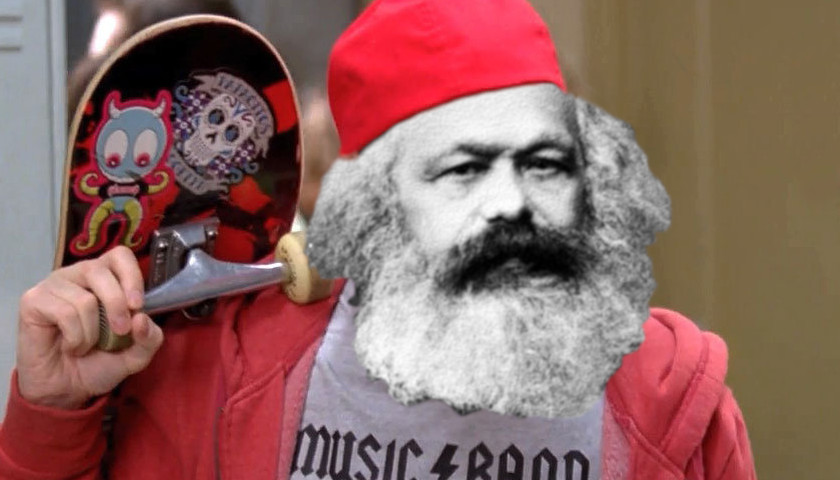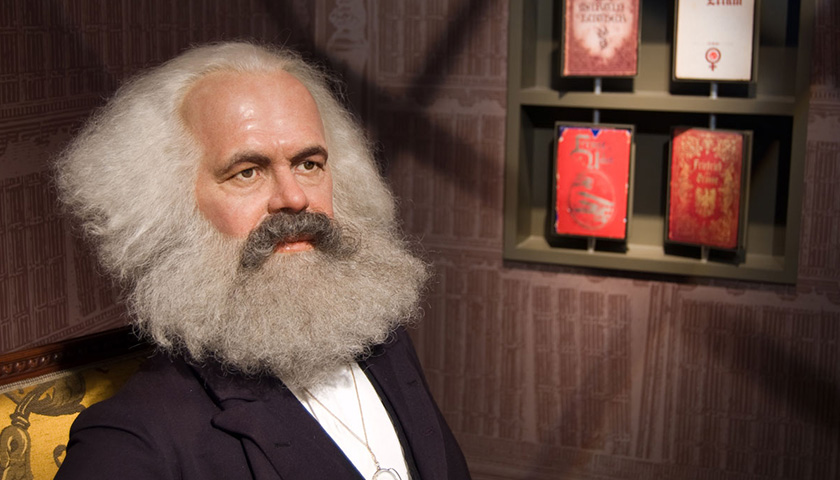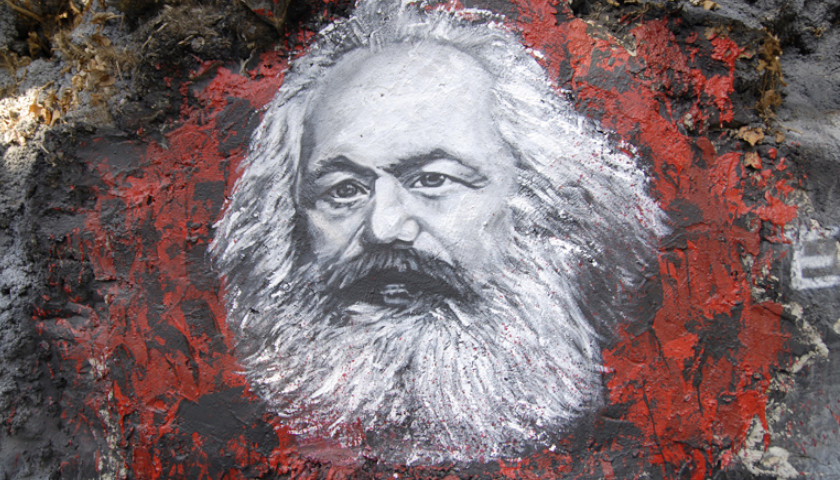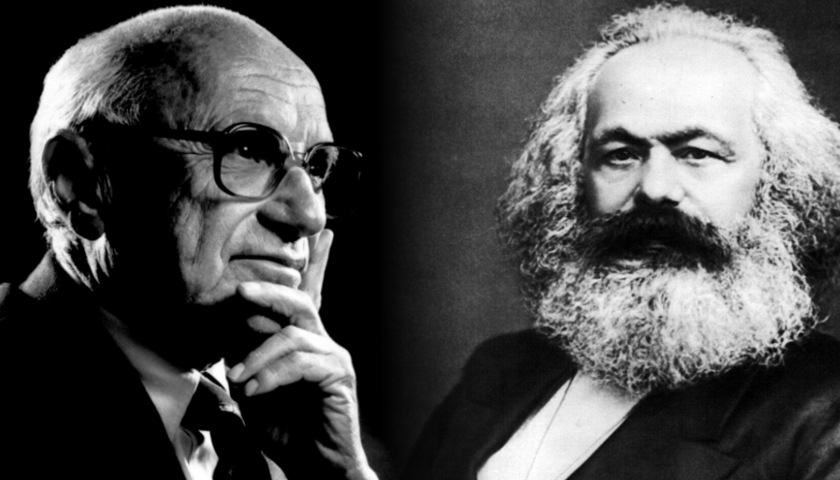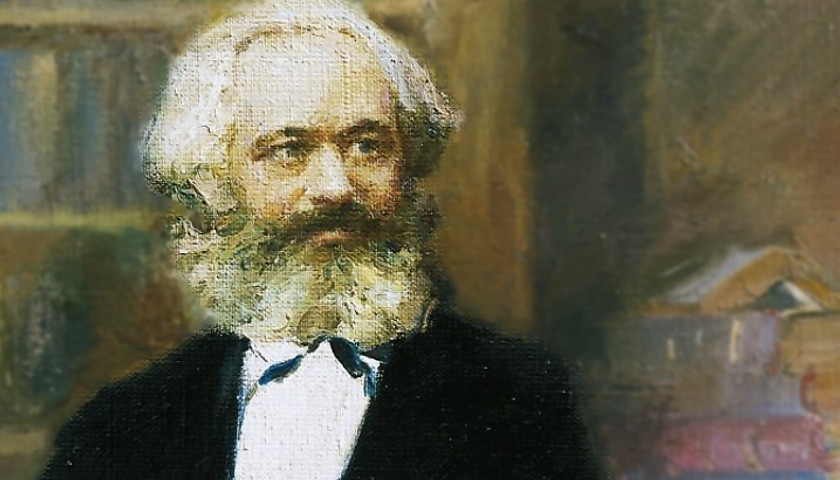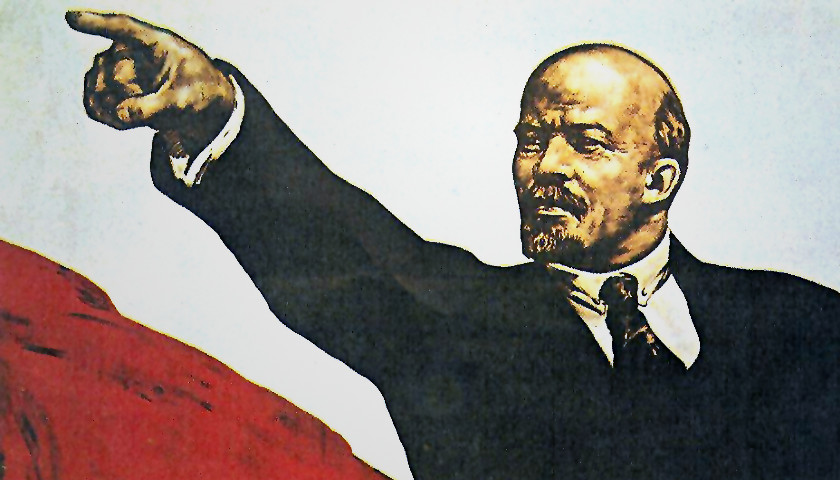I have written about the death and rebirth of socialism periodically over the years. But as André Gide said in another context, “Toutes choses sont dites déjà, mais comme personne n’écoute, il faut toujours recommencer”: everything has already been said, but since no one was listening, it is necessary to say it again.
Really, the socialist impulse is a hardy perennial. How could something so frequently and thoroughly discredited persist in the hearts of men? Some think it has something to do with the gullibility of the human animal, some (but I repeat myself) with the persistence of the utopian dream. I suspect there are many explanations, of which the raw desire for power plays an unedifying but also underrated role. I also favor the explanatory power of original sin, which has profound psychological as well as theological application to many of the more farcical aspects of human experience and what is more farcical than socialism?
Read the full story
